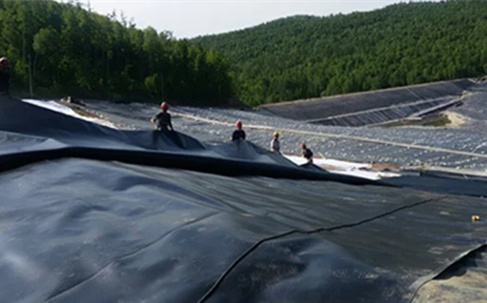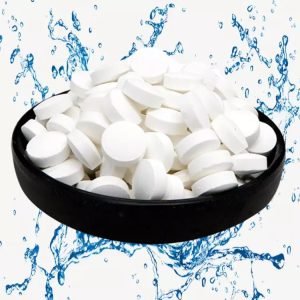Solvent Weld Ball Valve: Features and Applications
# Solvent Weld Ball Valve: Features and Applications
## Introduction to Solvent Weld Ball Valves
A solvent weld ball valve is a type of plastic valve that uses a solvent cement welding process to create permanent, leak-proof connections in piping systems. These valves are widely used in various industries due to their excellent chemical resistance, durability, and ease of installation.
## Key Features of Solvent Weld Ball Valves
### 1. Material Composition
Solvent weld ball valves are typically made from high-quality thermoplastics such as:
– PVC (Polyvinyl Chloride)
– CPVC (Chlorinated Polyvinyl Chloride)
– PP (Polypropylene)
– PVDF (Polyvinylidene Fluoride)
### 2. Permanent Connections
The solvent welding process creates molecular bonds between the valve and piping, resulting in:
– Leak-proof seals
– Superior joint strength
– Resistance to vibration and movement
### 3. Full Port Design
Most solvent weld ball valves feature a full port design, which:
– Minimizes pressure drop
– Allows for easier cleaning and maintenance
– Provides unobstructed flow when fully open
## Applications of Solvent Weld Ball Valves
### 1. Water Treatment Systems
These valves are ideal for:
– Potable water distribution
– Wastewater treatment plants
– Reverse osmosis systems
### 2. Chemical Processing
Their chemical resistance makes them suitable for:
– Acid and alkali handling
– Chemical dosing systems
– Laboratory applications
### 3. Industrial Applications
Common industrial uses include:
– Cooling water systems
– Process piping
– Irrigation systems
## Installation Considerations
When installing solvent weld ball valves:
– Ensure proper pipe preparation (cleaning and priming)
– Use appropriate solvent cement for the specific plastic material
– Allow adequate curing time before pressurizing the system
– Follow manufacturer’s instructions for optimal results
## Advantages Over Other Valve Types
Solvent weld ball valves offer several benefits compared to threaded or flanged connections:
– Lower installation costs
– Reduced potential for leaks
– Lighter weight
– Corrosion resistance
– Lower maintenance requirements
## Maintenance and Troubleshooting
Keyword: what a solvent weld ball valve
While solvent weld ball valves require minimal maintenance, occasional checks should include:
– Visual inspection for cracks or damage
– Verification of smooth operation
– Checking for any signs of leakage
– Lubrication of the ball mechanism if specified by manufacturer
## Conclusion
Solvent weld ball valves provide an excellent solution for many piping applications where chemical resistance, reliability, and leak-proof performance are essential. Their simple design, combined with the permanence of solvent-welded connections, makes them a preferred choice across various industries. When properly selected and installed, these valves can provide years of trouble-free service in demanding environments.


